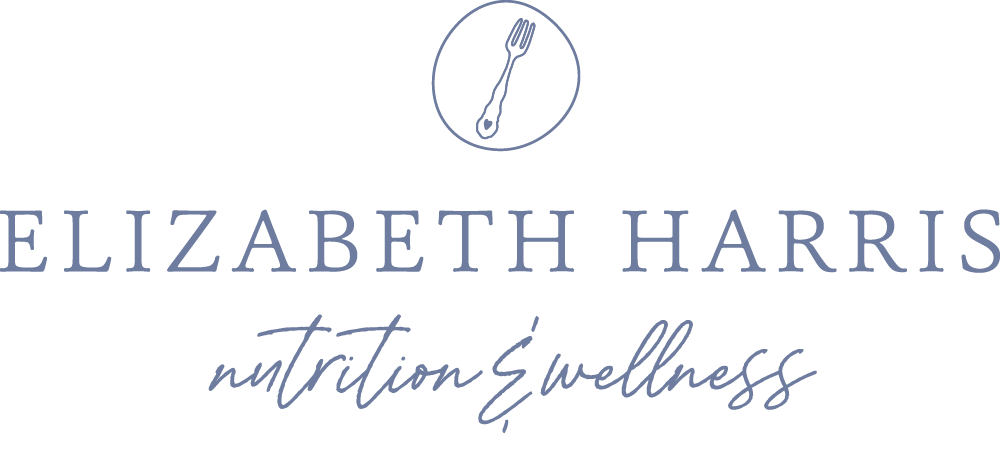3 Tips to Help Kids Be More Food and Body Confident
I talk a lot about the harms of diet culture, but nowhere is it more distressing, perhaps, than the impact it can have on kids.
No one is born disliking the way their body looks or feeling as though it must look a certain way to be valued, worthy, or beautiful. Babies and very young children simply USE their bodies, living life to the fullest within them, while regarding them with curiosity and wonder.
It’s not until kids start getting a bit older that our toxic diet culture’s messaging about the thin body ideal starts seeping in—pulling kids’ attention outside of the felt experience within their bodies to consider and monitor instead how their bodies appear from the outside. They begin comparing their body to other bodies and/or observing how their body measures up to family and/or cultural ideals and expectations.
Sadly, this happens much younger than you’d likely expect, with research showing that kids as young as 3 to 4 years old can experience body dissatisfaction.
Case in point: a friend recently told me that her beautiful 5-year-old made a negative comment about the size of her own body. My heartbroken friend had no idea where her child's concern had come from because it wasn't from within her home.
Diet culture is everywhere... and our kids are sadly just as susceptible to it as we are, perhaps even more so.
So, how can you help your kids have greater body confidence in spite of our culture’s toxic obsession with weight, thinness, and appearance?
Here are 3 suggestions you may find helpful:
1) Make your home a safe zone free of diet and weight talk.
Don’t allow talk of weight, weight loss, calorie counting, or diets, even if the conversation is not directed at your child. Kids pick up on the underlying message of these conversations: thinner bodies are “better” or that there’s something wrong with being in a larger body or gaining weight (something kids will of course do throughout their childhood, adolescence, and beyond). According to a 2016 report from the American Academy of Pediatrics, diet and weight talk within families has been linked with increased risk of eating disorders and unhealthy weight management practices, so extinguishing this type of talk is a protective practice.
2) Teach them that “fat” is a neutral word.
When we treat fat as if it’s a bad word, we’re perpetuating weight stigma and body shame. Instead, we can let kids know that bodies come in all shapes and sizes and that this is perfectly normal—much like it is for flowers, trees, dogs, and all other living things. Teach them that bodies grow at different rates at different times. Also, some people are tall, some are short, some are thin, and some are fat. Bodies are different—imagine how boring it would be if they were all the same?
Along with that though, I think it’s helpful to teach kids that it’s not polite to make comments about someone else’s body.
3) Role model body love and respect.
I recently was struck by a quote I saw from actress Kate Winslet in which she mentioned she never heard a female role model growing up say that she loved or was proud of her body. I think her experience is typical… but also, it makes me sad.
Even if it feels unnatural at first, practice letting your children know that you’re grateful for all your body allows you to do… you’re proud of the stretch marks and dimples and scars that confirm you’re living a full life… that you love how your capable arms let you hug them or your incredible mind lets you do important and meaningful work.
We’re all so much more than just a body… let’s shout it from the rooftops so our kids know it too!
If you like the tips in this message and want to learn more about how you can raise your kiddos with food and body confidence, be sure to get yourself on the waitlist for my first-ever self-paced course, Raising Intuitive Eaters. It will be released later this month, and not only will you be the first to know when it’s ready, but I’ve got some special surprises planned for everyone who joins the waitlist!
